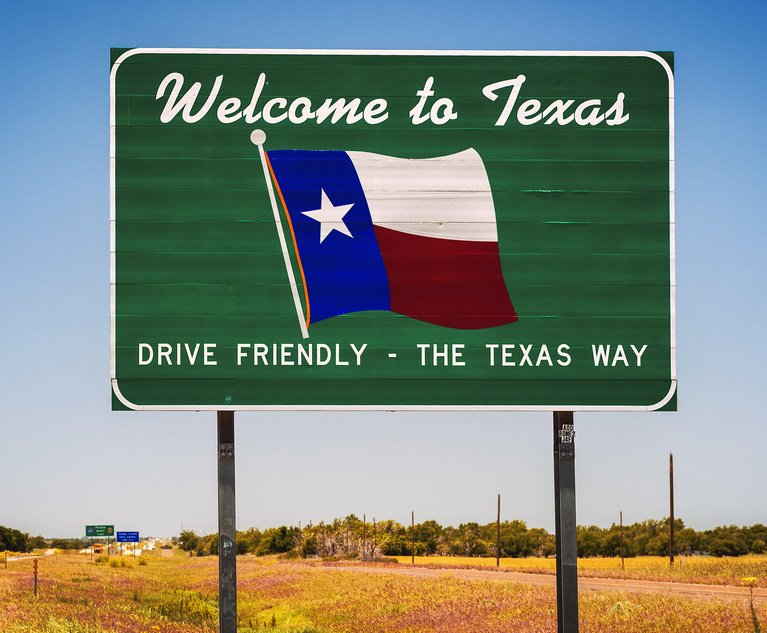I learned about the importance of balance the hard way when Iwas fairly young and the training wheels were taken off my bicycle.I was doing OK until I turned a corner, lost my balance,somersaulted, bike and all, into the street, and ended up with apain-fully scraped-up face. Its a lesson that lingered: When youlose your balance, bad things happen.
|Its a lesson with wide application, too. Munich-based Allianzalso is trying to regain equilibrium. In December it was reportedthe insurers chief executive, Henning Schulte-Noelle, announced hedbe exiting in April. Apparently after purchasing Dresdner Bank in2001, a move seemingly meant to capitalize on cross-selling bankingand insurance customers, the groups fortunes spiraled downward. Andthe less-than-stellar result of the Allianz venture isnt alone.Case in point: Citigroup and Travelers P&C.
|Its highly unlikely technology could be considered a culprit inthese cases. But since growth strategies do shake up the statusquowhether pursuing mergers and acquisitions to annex otherbranches of financial services or implementing plans forglobalization (and often one of these can drive the other)its anecessity to figure out in advance how all the pieces fit and whattools are required to keep everything upright and moving forward(see IT = International Technology, p. 10, for how insurers areaccomplishing this).
|Studies show M&As in general frequently disappoint. Perhapsone key to success is balancing a desire for globalization with theneed for centralization, a penchant for expansion with thenecessity of maintaining control. Admittedly, I may be less thanobjective about it, but what better way to achieve these goals thanwith the help of technology?
|What are the most significant technologies and strategies inthese scenarios?
|Data management. An insurer and an acquired company mustleverage their knowledge if they want to cross-sell, for example,or handle claims using one discipline world- wide. The ideal is forall information to be available anywhere, anytime.
|System compatibility. The challenge is to modify the systems onboth sides to derive the anticipated benefits of a deal. Thetechnology can be as basic as, say, implementing groupshare systemsto replace systems developed in various locations.
|Security. In any merger, privacy is a concern, and with theever-present threat of cyber terror, that concern is intensified(for the latest on security threats and solutions, see Catch MeIf You Can, p. 13, and Personal and Confidential, p.17).
|The corporate role. Given cultural or regulatory issues, theexpanded organization has to decide how large the corporate overlayshould be.
|Convergence and globalization both are moving forward slowerthan many industry experts envisioned, but they are moving forward.Sometimes opportunities are made, and sometimes they knockunexpectedly. And market forces may drive certain strategies, readyor not. The key is knowing how to handle that unexpected turn. CIOscan help in the process, so that their companies stand a betterchance of, unlike my early biking experience, reaching theirdestination unscathed.
|Sharon S. Schwartzman
Editor-in-Chief
Want to continue reading?
Become a Free PropertyCasualty360 Digital Reader
Your access to unlimited PropertyCasualty360 content isn’t changing.
Once you are an ALM digital member, you’ll receive:
- All PropertyCasualty360.com news coverage, best practices, and in-depth analysis.
- Educational webcasts, resources from industry leaders, and informative newsletters.
- Other award-winning websites including BenefitsPRO.com and ThinkAdvisor.com.
Already have an account? Sign In
© 2024 ALM Global, LLC, All Rights Reserved. Request academic re-use from www.copyright.com. All other uses, submit a request to [email protected]. For more information visit Asset & Logo Licensing.








